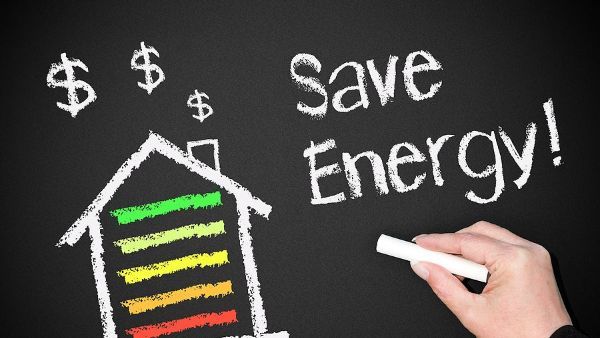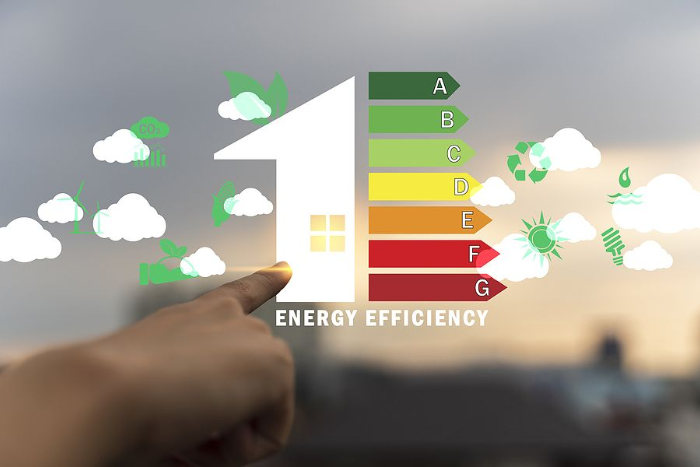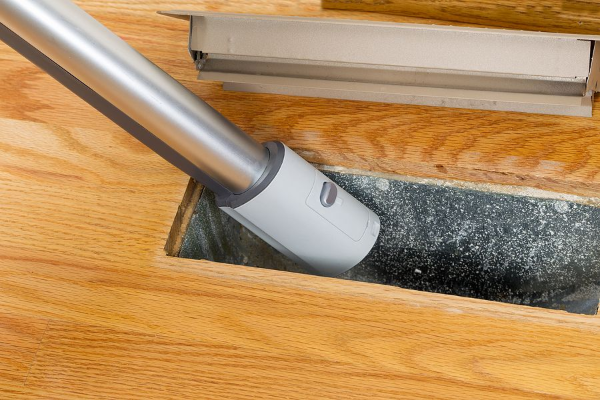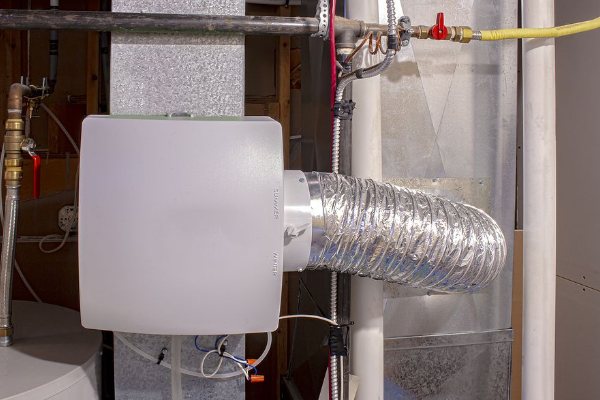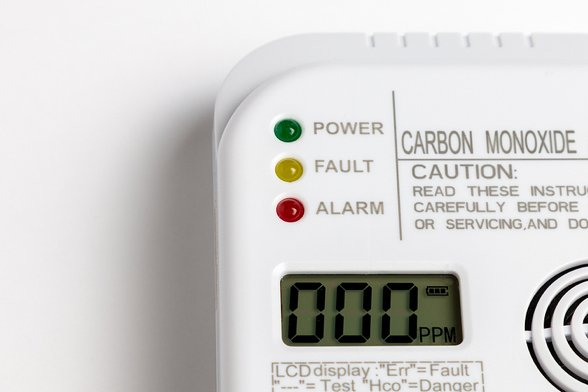How to Decrease Your Energy Bills This Summer
Reducing energy use not only saves you money but also helps the environment by lowering your carbon footprint. Here are some practical and effective ways to cut down on your energy consumption and shrink your utility bills.
Turn Up the Thermostat When You’re Out
One of the simplest ways to save energy this summer is to adjust your thermostat when you're not home. Setting your thermostat 10 degrees higher for at least eight hours a day can save you a decent chunk of money each year on cooling costs.
Many modern thermostats have programmable or smart capabilities, allowing you to set schedules and adjust settings remotely. This ensures your home is comfortable when you're there and saves energy when you're not.
Add Some Fans
Fans are an excellent way to enhance your home's cooling and heating efficiency without significantly increasing your energy costs. Ceiling fans, in particular, can help circulate air more effectively.
In the summer, set your ceiling fan to rotate counterclockwise to create a cool breeze. In the winter, switch it to clockwise to push warm air down from the ceiling. Using fans allows you to set your thermostat a few degrees higher in the summer or lower in the winter, reducing the workload on your HVAC system and saving energy.
Repair or Replace Your Air Conditioning System
An old or inefficient air conditioning system can be a major energy drain. If your AC unit is more than 10 to 15 years old, it might be time to consider a replacement. Modern air conditioners are far more energy-efficient and can significantly reduce your cooling costs.
If a replacement isn't necessary, regular maintenance is crucial. Ensure your AC unit is clean, the filters are replaced regularly, and any necessary repairs are made promptly. A well-maintained system runs more efficiently, saving you energy and money.
Keep the Blinds Closed
Windows can be a significant source of heat gain in the summer and heat loss in the winter. Keeping your blinds or curtains closed during the hottest part of the day can block out direct sunlight, reducing the need for air conditioning.
In the winter, closing your blinds at night can help insulate your windows and keep the warmth inside. For even better results, consider using thermal or blackout curtains, which are designed to provide additional insulation.
Switch to LED Lights
Lighting can account for a significant portion of your energy bill, especially if you use traditional incandescent bulbs. Switching to LED lights can make a big difference.
LEDs use up to 80% less energy than fluorescent lighting. They also produce less heat, which can help reduce cooling costs in the summer. While the upfront cost of LEDs is higher, the long-term savings on energy and replacement costs make them a smart investment.
Additional Tips to Maximize Energy Savings
While the above strategies are highly effective, here are a few more tips to help you maximize your energy savings:
- Seal Leaks and Insulate: Check your home for drafts and seal any leaks around windows, doors, and other openings. Proper insulation in your attic, walls, and floors can also significantly reduce heating and cooling costs.
- Use Energy-Efficient Appliances: When it's time to replace appliances, choose energy-efficient models. Look for the ENERGY STAR label, which indicates the product meets strict energy efficiency guidelines.
- Unplug Devices: Many electronics consume energy even when they're turned off. Unplug devices or use a power strip to easily switch off multiple devices at once.
- Use a Programmable Thermostat: Programmable and smart thermostats can optimize your heating and cooling schedules based on your routine, ensuring maximum efficiency and comfort.
- Wash Clothes in Cold Water: Heating water for laundry can use a lot of energy. Most clothes can be effectively cleaned in cold water, which saves energy and reduces your utility bills.
- Maintain Your Heating System: Just like your AC, your heating system needs regular maintenance. Have it serviced annually to ensure it's running efficiently.
Don’t Be Afraid to Call in the Pros
By implementing these strategies, you can make a significant dent in your energy consumption and costs—but it never hurts to get an expert opinion. Contact the seasoned technicians at Next Level Heating & Air Conditioning if you suspect an outdated AC system is driving up your utility bills.

